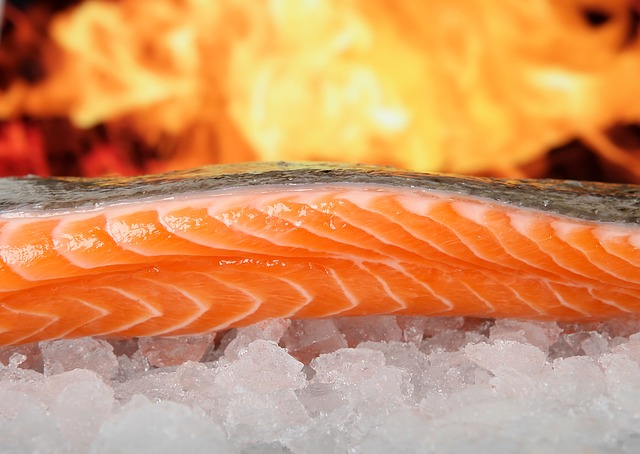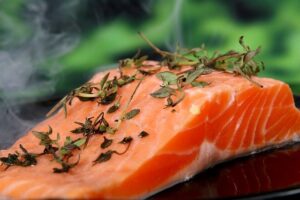Introduction
Protein is an essential component of our hair, providing strength, structure, and elasticity. However, just like our bodies, our hair can experience protein deficiencies. This can lead to weak, brittle, and damaged hair. So, how can you tell if your hair needs protein? In this article, we will explore the signs and symptoms that indicate your hair may be lacking protein and discuss ways to address this issue.
Signs of Protein Deficiency in Hair
Excessive Breakage: One of the most common signs that your hair may need protein is excessive breakage. If you notice that your hair is breaking easily, even with minimal manipulation, it could be a sign that your hair lacks the necessary protein to maintain its strength.
Elasticity Loss: Healthy hair has a certain level of elasticity, allowing it to stretch and bounce back without breaking. However, if your hair lacks protein, it may lose its elasticity, becoming stiff and prone to breakage when stretched.
Weak and Fragile Strands: Protein-deficient hair tends to feel weak and fragile. You may notice that your hair feels limp, lacks volume, and is more prone to tangling. These are all indications that your hair needs protein to regain its strength and resilience.
Excessive Shedding: Shedding is a natural process, but if you notice an increase in hair shedding, it could be a sign of protein deficiency. Protein helps to strengthen the hair follicles, and when there is a lack of protein, the hair may shed more than usual.
Causes of Protein Deficiency in Hair
Understanding the causes of protein deficiency in hair can help you address the issue more effectively. Here are some common causes:
Chemical Treatments: Frequent use of chemical treatments such as hair coloring, perming, or relaxing can strip the hair of its natural protein, leading to a deficiency. These treatments can break down the protein structure in the hair shaft, causing it to become weak and brittle.
Heat Styling: Excessive use of heat styling tools like flat irons and curling irons can also damage the protein structure of the hair. The high temperatures can weaken the hair shaft, making it more susceptible to breakage.
Environmental Factors: Exposure to harsh environmental conditions, such as excessive sun exposure, wind, and pollution, can damage the hair’s protein structure. Over time, this can lead to protein deficiency in the hair.
Addressing Protein Deficiency in Hair
If you suspect that your hair is lacking protein, there are several steps you can take to address the issue:
Protein Treatments: Protein treatments are specifically formulated to replenish the protein in the hair. These treatments often contain hydrolyzed proteins that can penetrate the hair shaft, strengthening and repairing it. Look for protein treatments that are suitable for your hair type and follow the instructions for best results.
Dietary Changes: A balanced diet plays a crucial role in maintaining healthy hair. Include protein-rich foods like lean meats, eggs, legumes, and nuts in your diet to provide your hair with the necessary building blocks for protein synthesis.
Gentle Hair Care Routine: Avoid over-washing your hair and using harsh shampoos that can strip away the natural oils and proteins. Opt for sulfate-free and protein-infused shampoos and conditioners that help nourish and strengthen the hair.
Minimize Heat Styling: Reduce the frequency of heat styling and use heat protectant products when necessary. Lowering the heat setting on your styling tools can also help minimize damage to the protein structure of your hair.
Conclusion
Recognizing the signs of protein deficiency in your hair is crucial for maintaining its health and strength. Excessive breakage, loss of elasticity, weak strands, and excessive shedding are all indicators that your hair may need protein. By understanding the causes and taking appropriate steps such as protein treatments, dietary changes, and a gentle hair care routine, you can address protein deficiency and promote healthier, stronger hair.
References
– WebMD: www.webmd.com
– Healthline: www.healthline.com
– NaturallyCurly: www.naturallycurly.com











